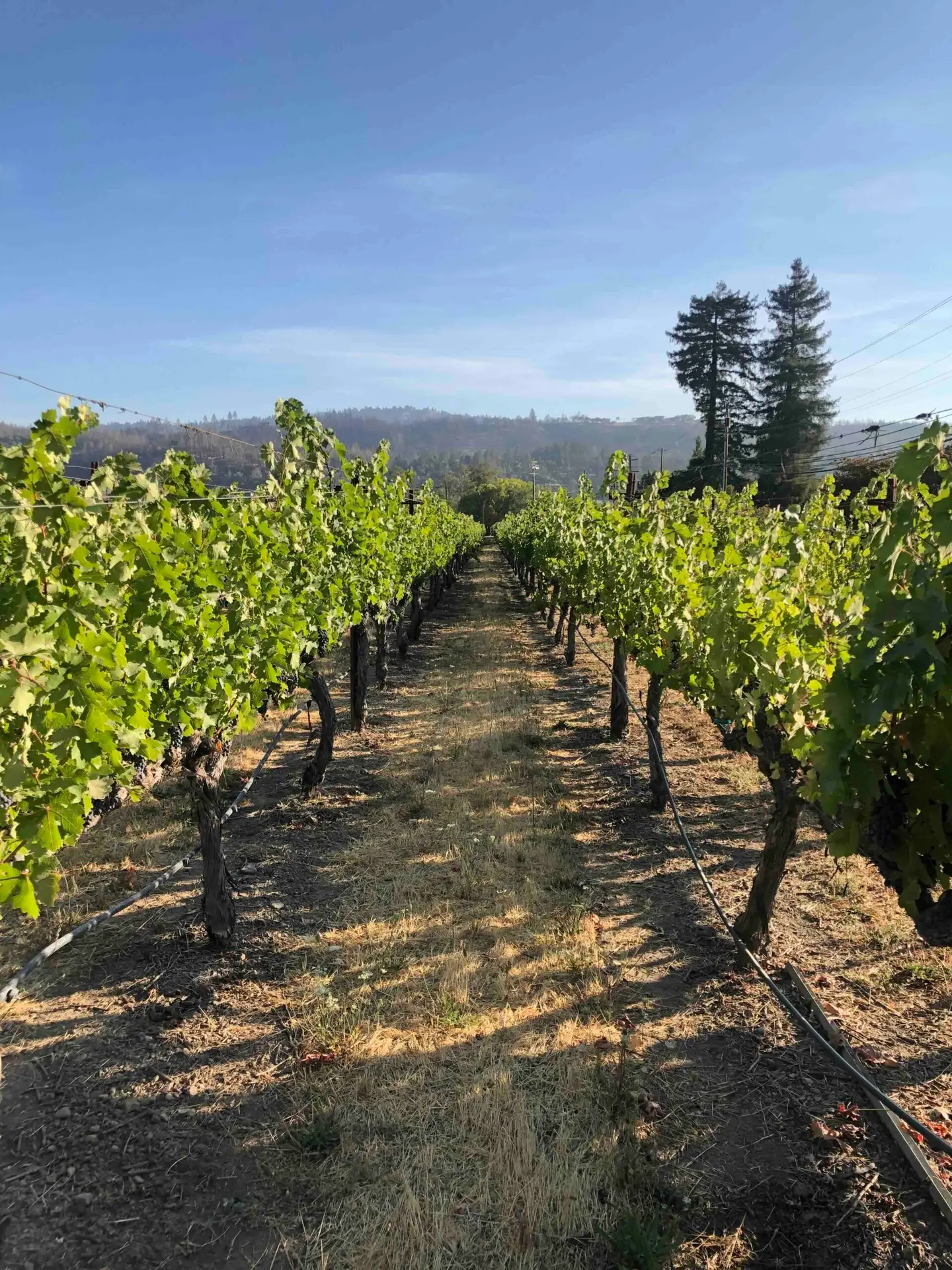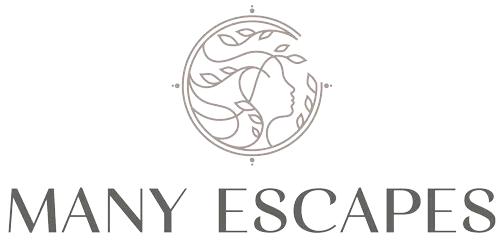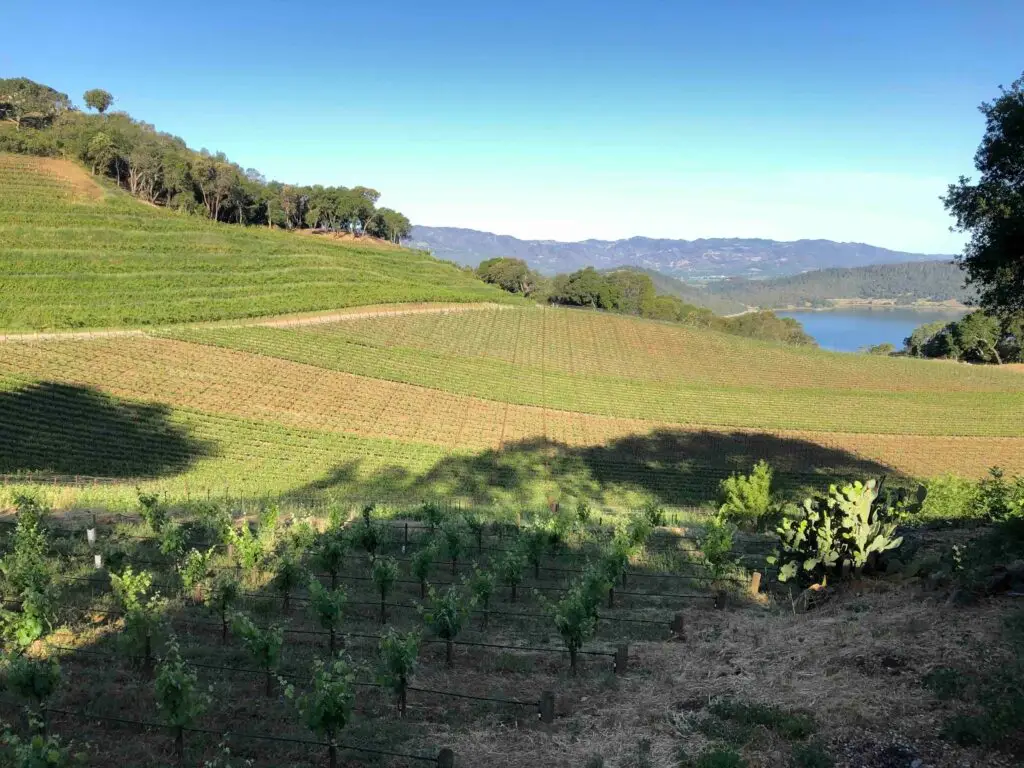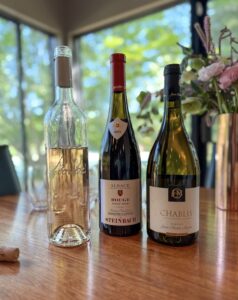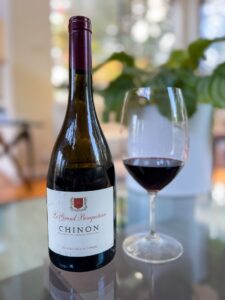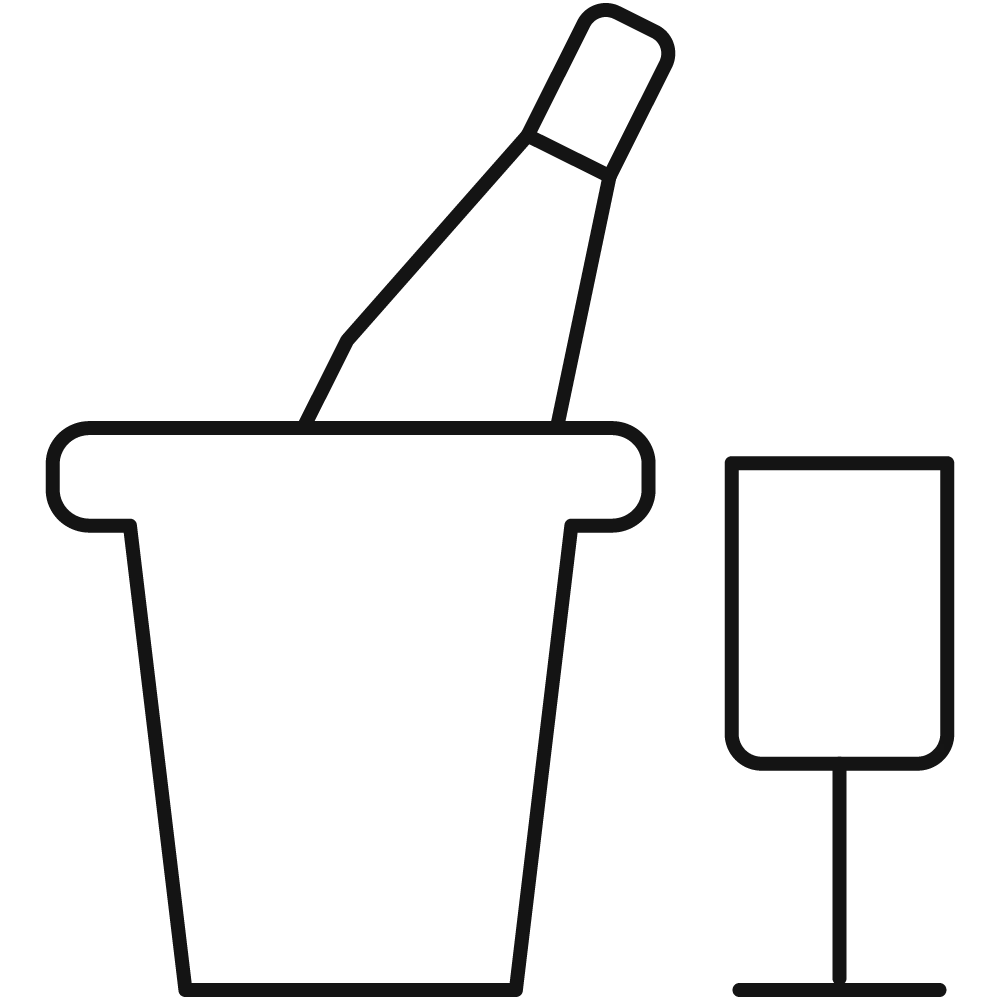In a world quick to adopt ‘sustainability’ as a buzzword, its true meaning is often ambiguous. Yet, at its core, sustainability refers to the ability to be maintained over time. This principle is becoming increasingly important worldwide. Thankfully, many are championing sustainability in wine production and it’s having a positive impact.
The Women in Wine organization at the University of California, Davis, hosted a symposium that highlighted a dialogue on sustainability in wine. With a diverse panel of industry experts, the event shared insights revealing the multifaceted nature of sustainability. From eco-friendly viticulture practices to equitable marketing efforts, the speakers shed light on the nuanced ways in which sustainability plays a role in the wine industry.
Read on as we explore how sustainability is being redefined in vineyards and beyond. These practices are laying the groundwork for increased resilience and creating new opportunities for women in wine.
a sustainable era for the wine industry
Sustainability in Wine
Sustainability in the world of wine touches on many practices and principles. The ability to maintain a thriving business through change—whether personal or environmental—is critical for the future of the industry. Let’s take a look at how women are propelling the wine industry into a sustainable era.
Work-Life Balance
When we discuss sustainability in the wine industry, it’s easy to picture eco-friendly farming practices. However, for pioneers like Alison Thompson, winemaker and owner of L.A. Lepiane Wines, sustainability also encompasses achieving a balance between career and family life. Alison’s experience highlights a broader industry trend towards workplaces that prioritize flexibility and support.
As women in wine navigate through stages of life, deciding what work environment fits their life is essential. Small wineries often provide more flexibility. Here, women can often assume multiple roles and advance quickly. Larger wineries offer more structure and often provide important benefits such as healthcare and regular business hours. Each setting offers distinct advantages, making the choice deeply personal and dependent on one’s professional and personal needs.
Alison attributes her success in founding her own winery to invaluable mentorship that helped her balance professional and personal needs throughout her career. She says this type of support is common throughout the industry. Such a progressive approach not only benefits individuals but also sets a new standard for cultivating workplaces where sustainability is as much about personal fulfillment as it is about environmental stewardship.
Viticulture Practices
At Shake Ridge Ranch sustainability runs deep. Ann Kraemer, viticulturist and owner, explains that they center their philosophy on producing high-quality wines through sustainable and minimal intervention techniques.
Cover Crops: Cover crops are integral to Shake Ridge’s strategy for maintaining soil vitality and structure. Using cover crops provides essential nutrients to the soil while preventing erosion. They have increased cover crop plantings over time as the benefits became evident: fertile and well-structured soil, along with improved health and productivity.
Wildlife Conservation: Using natural predators and protective netting to manage pests and prevent birds from damaging the harvest is the focus at Shake Ridge Ranch. This approach reduces the need for chemical pesticides, aligning with the ranch’s commitment to environmental balance and stewardship.
Water Management: They maintain efficient water use through advanced irrigation techniques that prevent water waste. This practice helps to maintain optimal vine health even during variable weather conditions.
Supporting Biodiversity: Shake Ridge and Bee Better Certified created temporary habitats that provide essential resources like pollen and nectar to wild bees and other pollinators. These habitats, including the ranch’s cover crops, contribute significantly to local biodiversity and ecological health.
Engaging With a New Generation
Today’s younger generations are more diverse than ever. This is a fact that Maryam Ahmed, owner of Maryam + Company, passionately acknowledges. She highlights that It’s crucial for the wine industry not only to recognize this diversity but also to actively engage with and incorporate the voices of this dynamic demographic. Maryam + Company is at the forefront of this movement. The organization is committed to nurturing a culturally diverse generation of wine professionals and consumers.
Their innovative program, Field Blends, is designed to foster inclusivity by creating experiences that bring diverse groups together to learn, grow, and share. Each year, the organization selects a different wine-growing region to explore. Collaborating closely with local organizations, they create a unique, five-day experience that celebrates the community’s distinct characteristics and culture. Both industry members and consumers are invited to immerse themselves deeply in the region’s wine, food, and local traditions.
Through their ongoing efforts, Maryam + Company is taking significant steps to introduce fresh perspectives into the wine industry. They are transforming conversations to be more inclusive, innovative, culturally enriched…and sustainable.
A Holistic Approach to Sustainability
Sustainability in the wine industry encompasses far more than environmental stewardship. It’s about creating a balance that nurtures the land and the people who cultivate and enjoy what’s created from it. By addressing the environmental, social, and cultural aspects of sustainability, the industry not only ensures its long-term viability but also enhances the richness and diversity of the wine experience for everyone. As these practices become more widespread, they pave the way for a future where the wine industry is as renowned for its commitment to people and the planet as it is for its exceptional wines.
